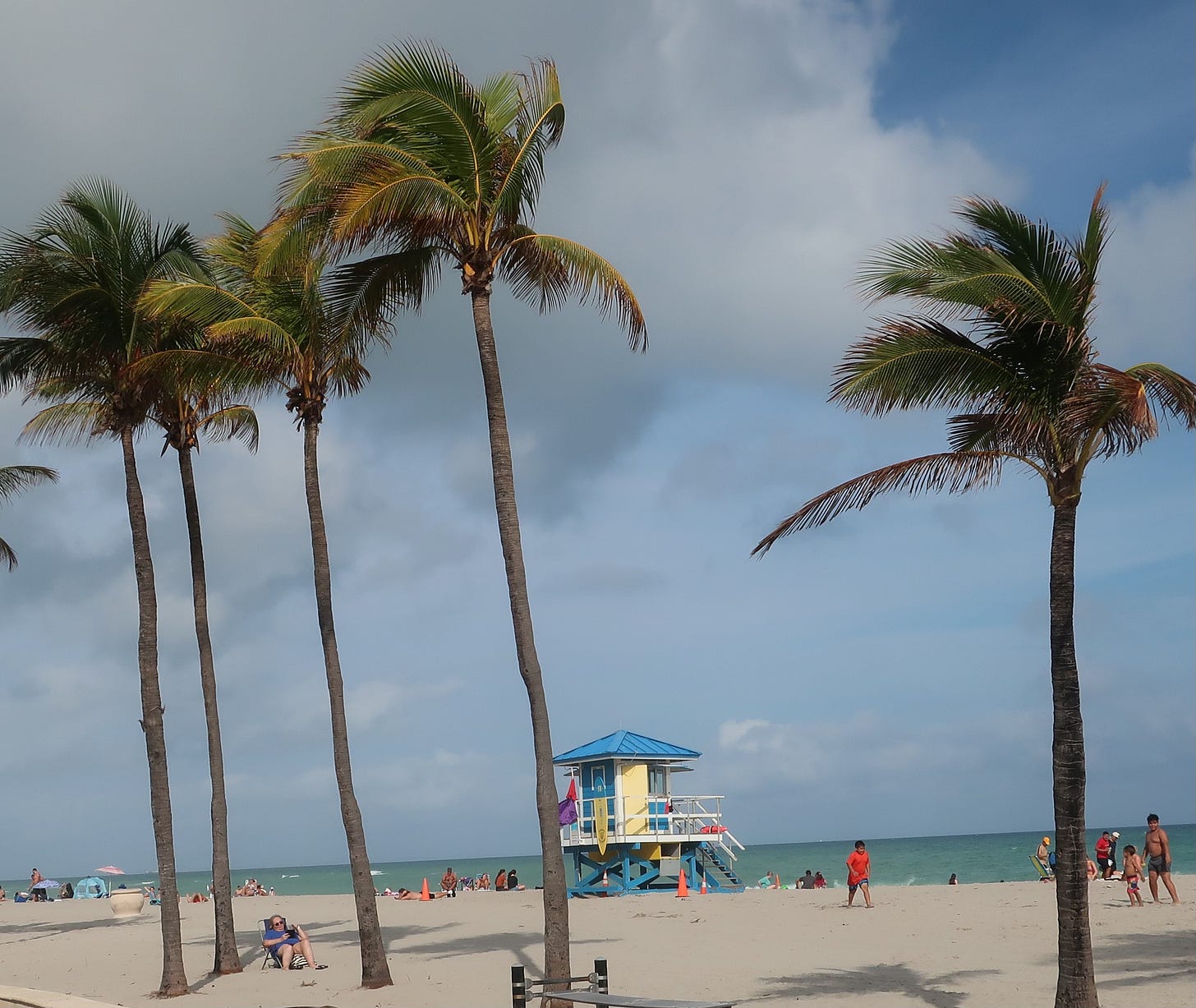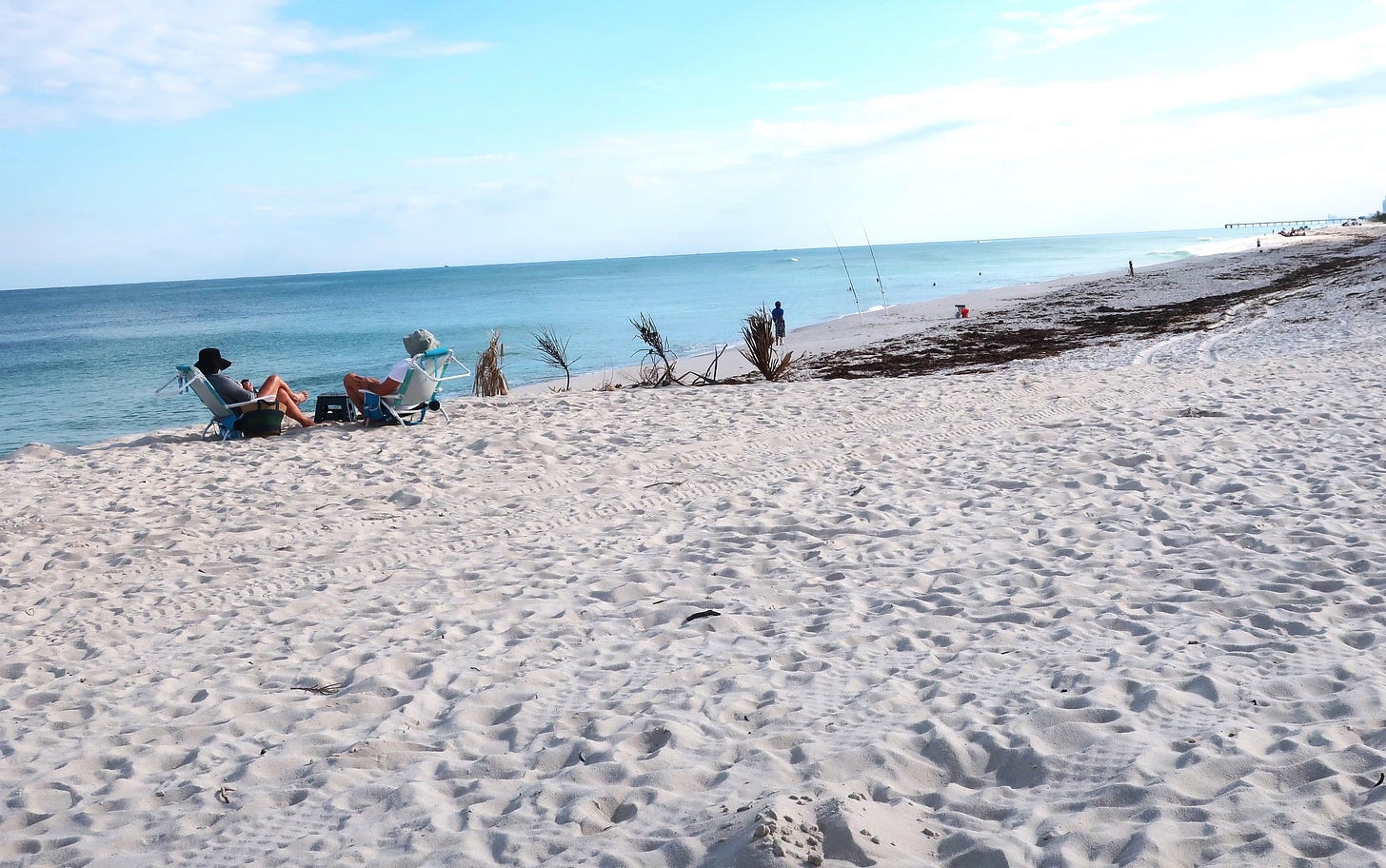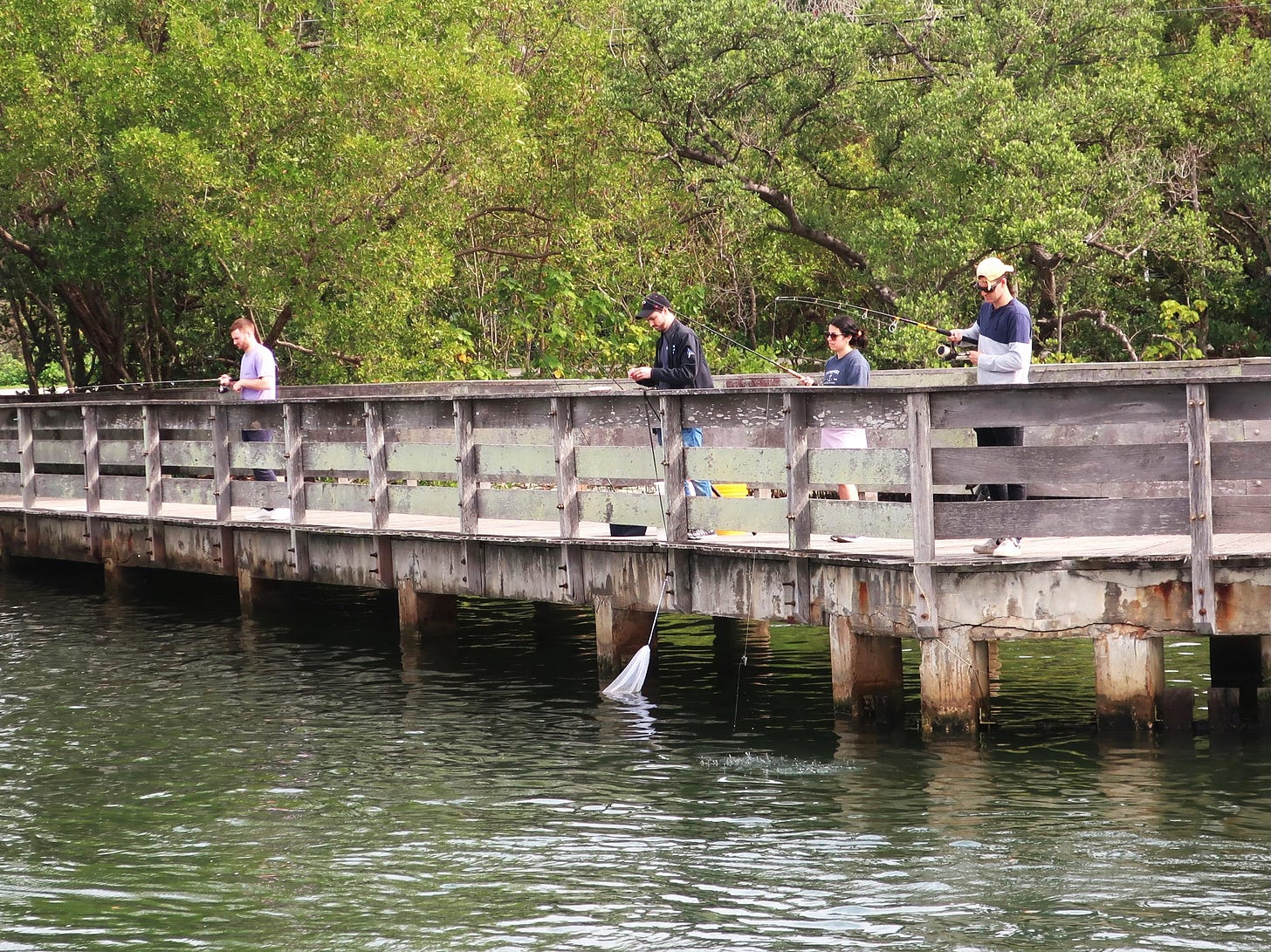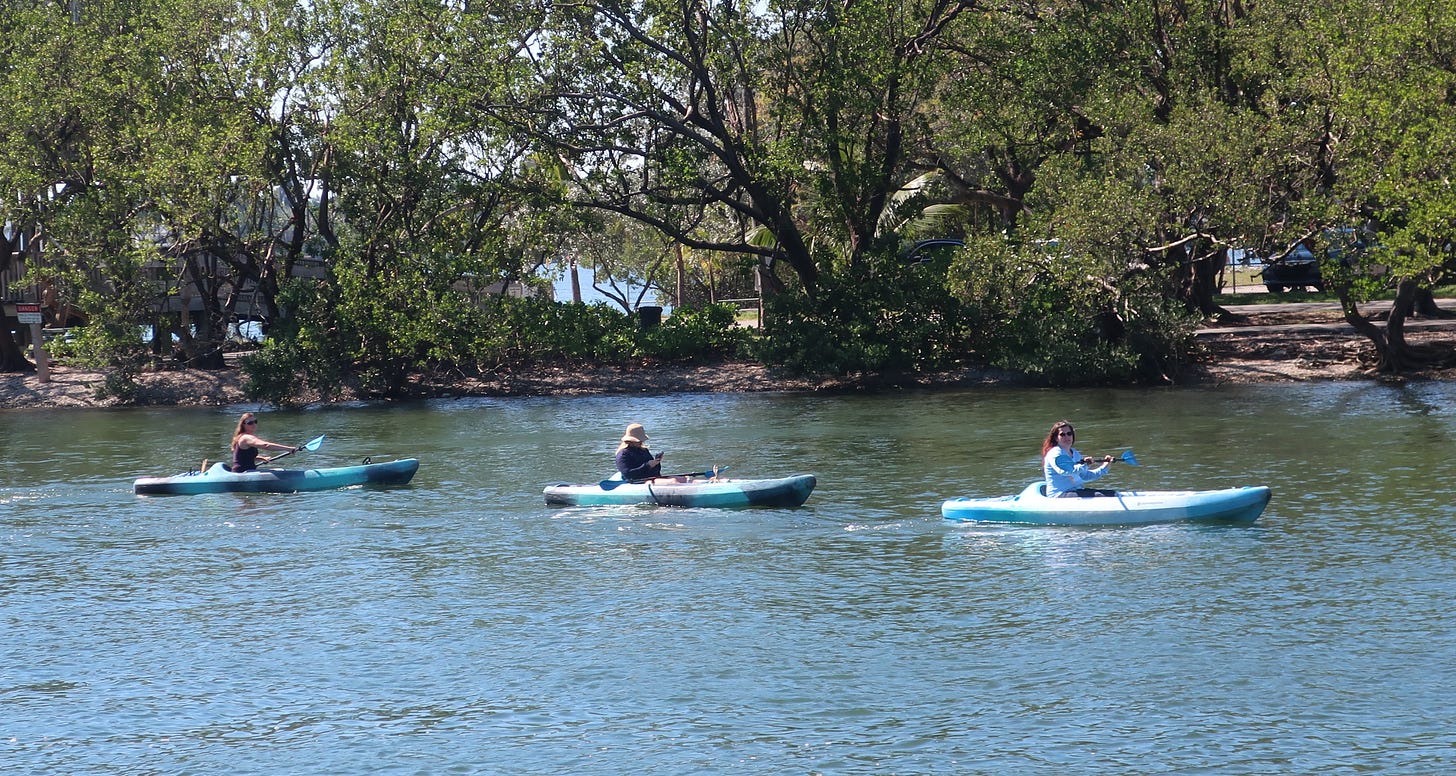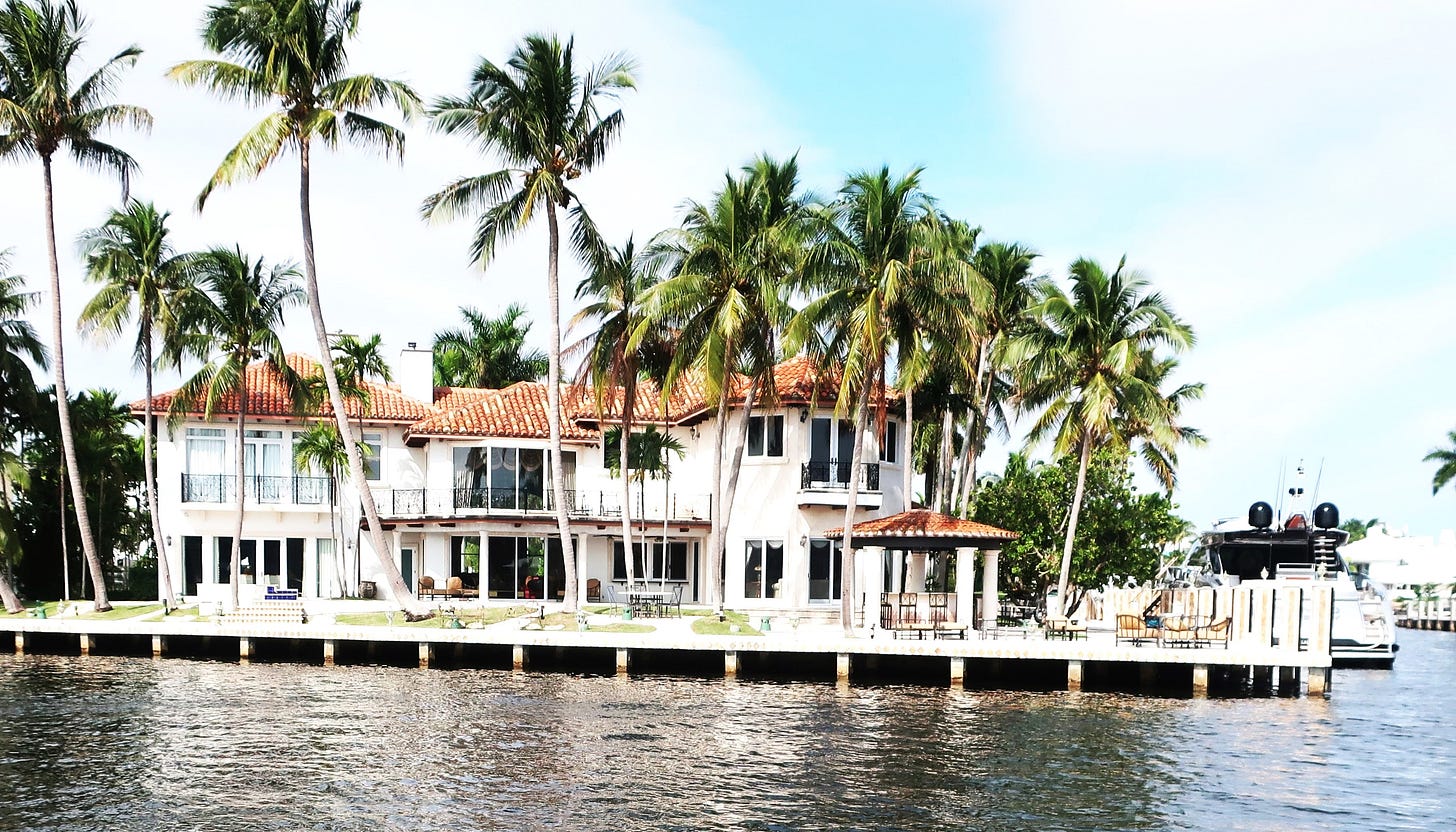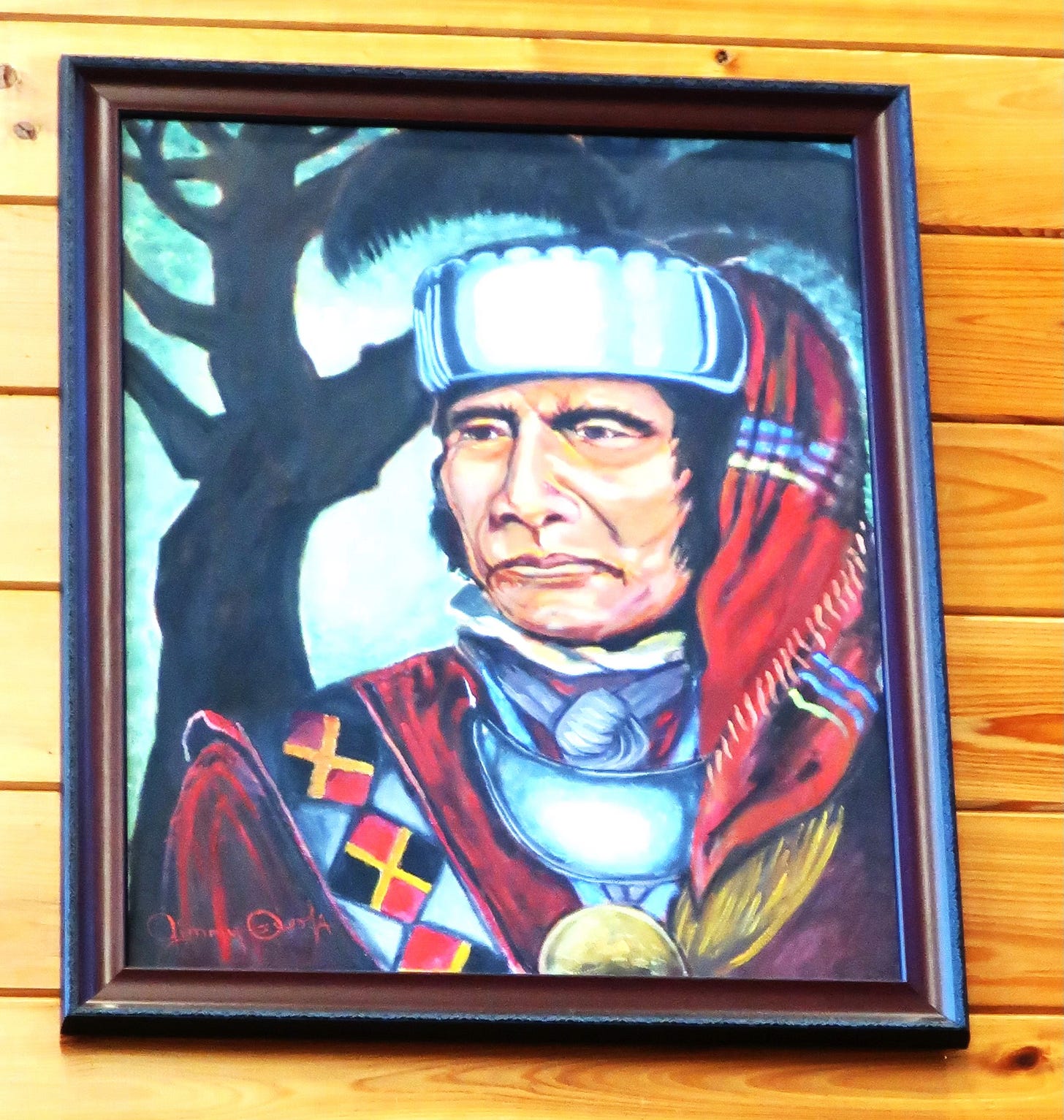Broward County, Florida, where the Fort Lauderdale coastline shines.
Welcome to Broward County, Florida, which is tucked along that state’s eastern coastline about 30 miles north of Miami.
Some visitors are speeding through winding waterways in an airboat, keeping their eyes peeled for alligators, colorful birds and other resident creatures. Others are soaking up the sun, and diving into the surf, at lovely white sand beaches that front the Atlantic Ocean.
Welcome to Broward County, Florida, which is tucked along that state’s eastern coastline about 30 miles north of Miami. The recent visit there by my wife Fyllis and me followed that of the Tequesta
Native Americans, who lived in the area for about 2,000 years following their arrival in the 3rd century BC.
Broward County is a beach-lovers paradise
Opportunities to relive the life of these early dwellers are among the lengthy list of things to see and do. For many vacationers, 24 miles of golden beaches are reason enough to drop by. Some stretches of sand are backed by wide sidewalks lined with restaurants, shops and other commercial establishments. Others are isolated expanses where sun seekers are few and far between.
The ocean is by no means the only body of water in the area. The Intracoastal Waterway, a 3,000-mile-long span of natural rivers, inlets, bays and man-made channels, runs through on its way from Massachusetts to the southern tip of Florida.
It passes by Fort Lauderdale, which lives up to its reputation as the “Venice of America,” interlaced as it is with 165 miles of canals.
Water is king in Broward County, Florida
It’s not surprising that much of the recreation available in Broward County is water-related. Boating is a major pastime, and Fyllis and I spotted vessels ranging from tiny outboard motor-driven dinghies to massive luxurious yachts and everything in between.
Fishing also is popular, and we saw anglers trying their luck, and testing their skill, in the ocean and canals. Flat water prey include bass, bream and bluegills, while the sea teems with tarpon, flounder, mackerel and sea trout.
Back on land, other wildlife awaits discovery, and we didn’t have to travel far from our home base in Hollywood to find it. That town, like the rest of Broward County, is chock full of things to see and do, yet compact enough that many sites are within a convenient commute.
Wildlife abounds in Broward County, Florida
A short drive brought us to the Flamingo Gardens, a 60-acre botanical and wildlife sanctuary which is home to thousands of species of tropical and subtropical plants. It’s also home to animals ranging from alligators, bobcats, eagles and owls to – no surprise here –flamingoes that wander freely around the grounds.
Alligators also were among prey we spotted while traveling with Everglades Airboat Adventures at speeds up to 35 miles per hour through the area of flooded grasslands that blankets much of southern Florida. They were augmented by a virtual aviary of birds with intriguing names like snake bird and long-legged gallinule.
Mansions and mega-yachts in Broward County, Florida
Pelicans, dolphin and iguana were among wildlife we saw during an excursion in a Water Taxi, which travels to 20 stops along its route through the canals. We also ooohed and aaahed at the massive homes which front the channels in Fort Lauderdale, and the mega-yachts docked beside them. Known as Millionaire’s Row, these magnificent, and massive, mansions are owned by royalty, business moguls, celebrities and other uber-wealthy people. We were told that one villa has a 20-car garage, and a yacht has 20 staterooms.
Years ago, Fort Lauderdale had a reputation as a destination popular with rowdy college students on spring break. Since then, it has evolved into a magnet for a more mature crowd. Notable restaurants have replaced dive bars and world-class hotels have sprung up.
Nearby Hollywood has a very different vibe. It was established by Joseph Young, an urban developer who arrived in 1920 with the vision of building a “Dream City.”
Meet Mother Nature in Broward County, Florida
The dozens of parks that were included in Young’s master plan continue to provide visitors with close encounters with Mother Nature. The 1,500 acres of West Lake Park and Anne Kolb Nature Center make it one of the largest urban nature complexes in the state. Boardwalks traverse mangrove wetlands that shelter threatened and endangered species, and guided boat tours explore a stretch of the Intracoastal Waterway.
The Dr. Von D. Mizell-Eula Johnson State Park is named for a civil rights activist who led wade-ins which resulted in desegregation of Broward County’s beaches. Activities include fishing, canoeing, kayaking and wildlife viewing. The park has an inlet which serves as a manatee sanctuary, and a reef frequented by scuba divers.
Nature also plays a prominent part in Native American Culture and this is borne out in traces of that lifestyle found in Broward County. Highway signs which read Seminole Indian Reservation mark the boundaries of that enclave, and touches of Indian lore soon become evident. One commercial building resembles a large teepee, and another echoes pueblo architecture.
The Seminole Okalee Village & Venue contains an exhibition hall which hosts a variety of programs. Behind it are thatch roof chickees which replicate shelters in Indian camps which served as spaces for cooking, eating and sleeping.
These traces of early inhabitants of Broward County augment reminders of others who followed. That history, and the area’s natural and human-made attractions, account for its popularity.
For more information about Broward County log onto visitlauderdale.com.
Victor Block
Victor Block retains the travel bug after gallivanting throughout the United States and to more than 75 other countries worldwide and writing about what he sees, does, and learns. He believes travel is the best possible education and claims he still has much to learn. He loves to explore new destinations and cultures, and his stories about them have won many writing awards.


